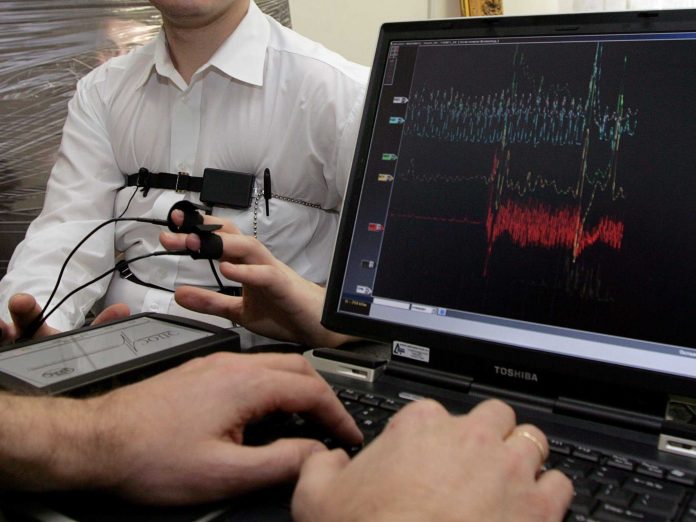The Truth Unveiled: Exploring the World of Lie Detector Tests
The Truth Unveiled: Exploring the World of Lie Detector Tests
Blog Article

Welcome to the fascinating world of lie detector tests. These tests, also known as polygraphs, have long captivated both the public and the scientific community with their ability to seemingly uncover hidden truths. The idea of a machine that can detect deception has sparked curiosity and controversy, leading many to question their accuracy and ethical implications.
As we delve deeper into the realm of lie detector tests, we will explore their history, mechanisms, and applications in various fields. From law enforcement to employment screenings, these tests have been utilized to assess truthfulness and uncover deception. Join us on this revealing journey as we uncover the complexities and mysteries behind the infamous lie detector test.
History of Lie Detector Tests
The origins of the lie detector test can be traced back to the early 20th century, with the invention of the polygraph machine by John Augustus Larson. Larson's device was based on the idea that physiological responses such as changes in heart rate, blood pressure, and respiration could indicate when a person was being deceptive.
Polygraph
Over the years, the use of polygraph tests became more widespread, especially in the field of law enforcement as a tool for interrogations and investigations. Despite its popularity, the accuracy and reliability of lie detector tests have been a subject of controversy and debate, leading to restrictions on their admissibility in court proceedings in many jurisdictions.
Advancements in technology have led to the development of computerized polygraphs that claim to provide more objective and accurate results. However, critics argue that these tests are still not foolproof and can be influenced by various factors such as the individual's emotional state and the skill of the examiner.
Reliability of Lie Detector Tests
When it comes to the reliability of lie detector tests, there is much debate among experts in the field. While these tests can be a useful tool in certain situations, they are not foolproof. The accuracy of a lie detector test can be influenced by various factors, such as the skill of the examiner and the physiological responses of the individual being tested.
One of the key factors that can affect the reliability of a lie detector test is the physiological responses of the person being examined. Factors such as anxiety, stress, and even certain medications can impact the results of the test. This highlights the importance of ensuring that the person being tested is in a calm and relaxed state during the examination.
Additionally, the interpretation of the results of a lie detector test is crucial in determining its reliability. Skilled examiners are able to analyze the data gathered during the test and make accurate judgments about the truthfulness of the individual being examined. However, the subjective nature of interpretation means that there is always a level of uncertainty associated with the reliability of lie detector tests.
Ethical Implications
Lie detector tests raise important ethical considerations in various fields, particularly in legal settings. The use of polygraphs in court cases has sparked debate over their reliability and impact on due process. Advocates argue that lie detector tests can provide valuable insights, but opponents raise concerns about their potential to influence jury perceptions unfairly.
Furthermore, in the realm of employment, the use of polygraphs can present ethical dilemmas. While some industries may require pre-employment lie detector tests as part of security measures, critics argue that such practices can infringe on privacy rights and lead to unjust discrimination. Striking a balance between maintaining workplace security and respecting individuals' rights remains a key challenge for organizations.
In the field of psychology, ethical guidelines dictate that the use of lie detector tests should be approached with caution due to issues related to consent, confidentiality, and potential harm. Psychologists are encouraged to consider the broader implications of administering polygraphs, ensuring that the well-being and rights of individuals undergoing testing are safeguarded at all times.
Report this page